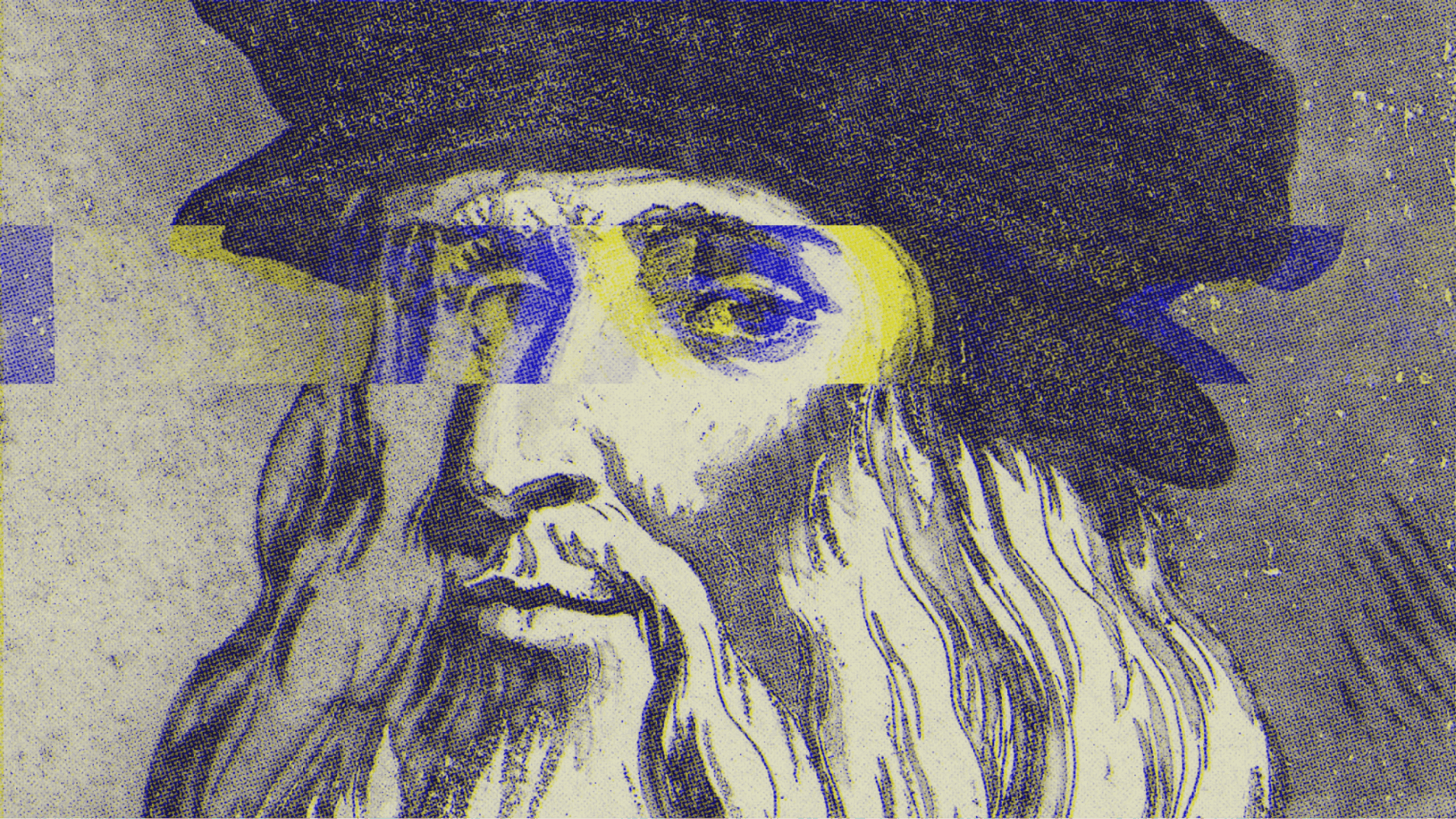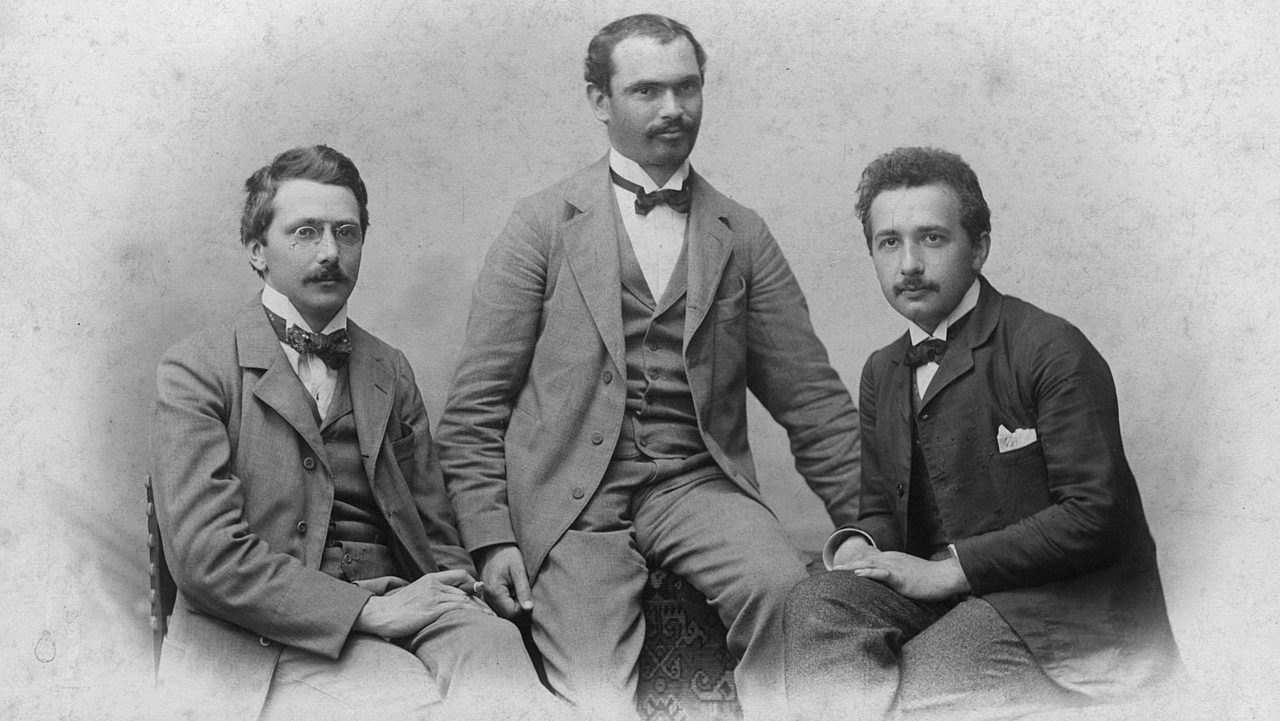As the Nobel laureate and Istanbul native argues, the so-called clash between Eastern and Western cultures in the region is a malignant myth—in reality, civilizations can come together easily.
Question: Can you sense a culture clash in everyday life in Istanbul?
Orhan Pamuk: It plays out most in cultural politics and politics in general. There have always been conservative parties in Turkey who stress their Islamic identity, and there have always been secularist parties who stress occidentalist aspirations of the nation. These clash. First, they are more visible in the political, public sphere than in daily life. In daily life I live in Istanbul, which is based -- has space both in Asia and Europe. Then you can cross every day from Asia. All the tourists pay attention to -- it's like going from Manhattan to Brooklyn. And now no one says I'm going from Asia to Europe; it's just everyday life. People do not pay attention, really, in their daily lives to where things come from. In fact, I argue in all my books -- yes, I dramatize East-West -- you may call it clash, or I will say a harmony -- you don’t pay attention; it's just there. And things come from different sources to form a new thing. That is Istanbul; that is my culture. I don't underline the clash part of East-West; I underline how harmoniously, with a lack of self-consciousness, things come together. It's the politicians or journalists who impose East-West and say clash. Not necessary; civilizations don't necessarily clash; most of the time they come together, and people who promote the idea of clash then pave the way for real clash and human suffering.
Question: As a now American-based author, what do you miss most about Istanbul?
Orhan Pamuk: Probably I -- it's a feeling of being at the periphery, not under Western eyes in our own way of life. But that is also changing. When I started writing thirty years ago, no one cared about Turkish culture or Turkish writers. But now Turkey is getting on the agenda. I like being out of the scene; the feeling of not living at the center of the world is a nice feeling. I perhaps complain about Turkey's being provincial, but I also, I confess, like being provincial, enjoy being out of the drama, enjoy being non-Western, et cetera.
Question: Is there any tension in your writing about Istanbul from the U.S.?
Orhan Pamuk: No. And in fact, there is joy about that. Don't forget that the greatest book about any city -- a novel, “Ulysses” -- was written by James Joyce in Trieste. In fact, you love it. You like that there is a sweet taste of longing when you write when you're away. And my Black Book, which is the book that I found my voice, I wrote more than half of it in New York, dreaming of Istanbul, just like I've always identified with James Joyce living in Trieste, dreaming of Dublin. That's no problem.





